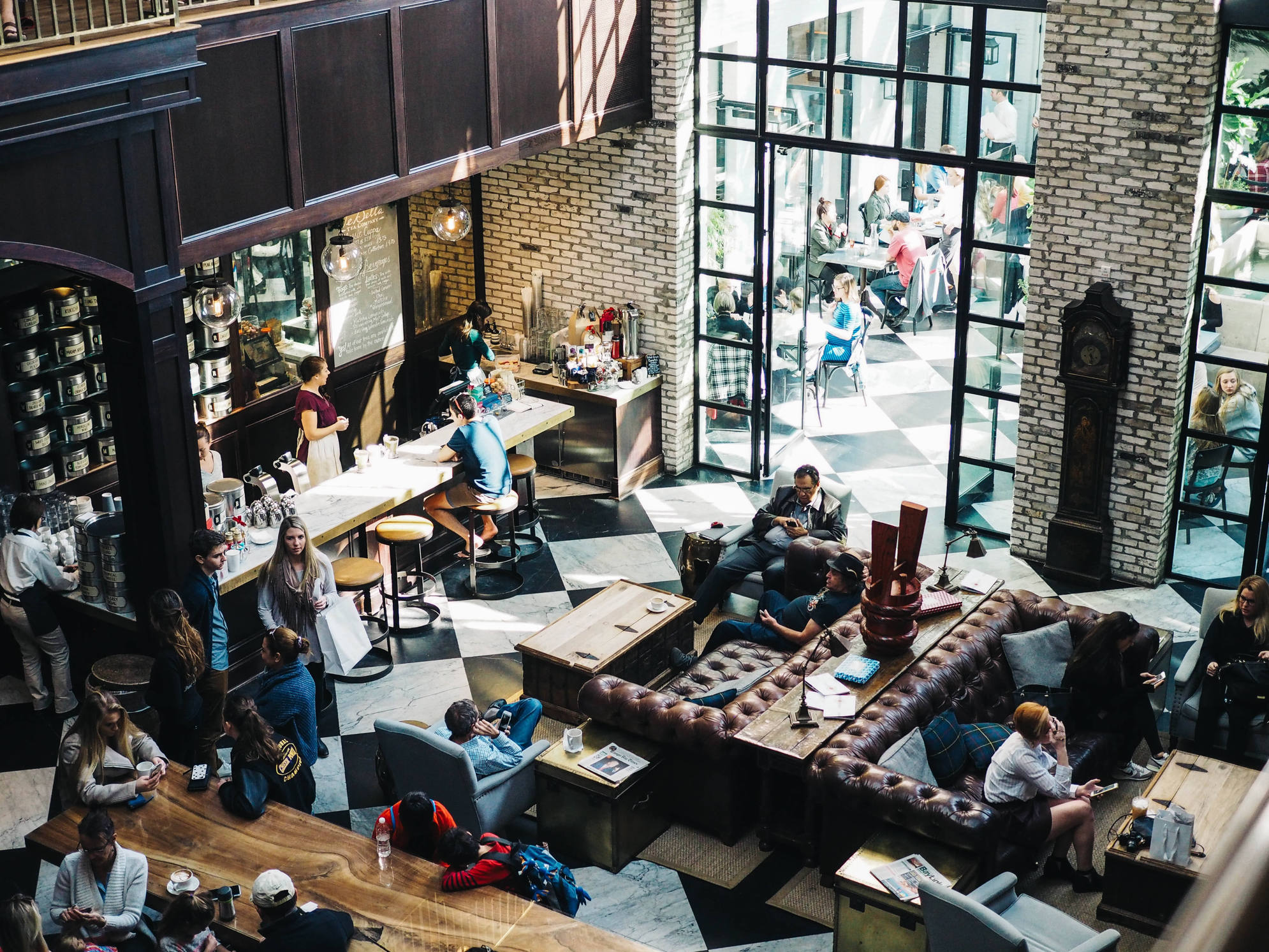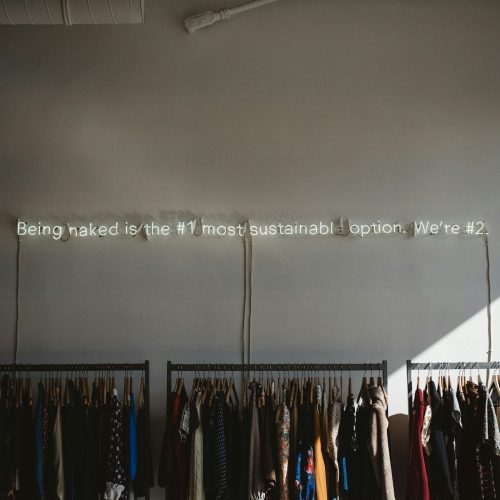How Covid-19 Is Shifting Fashion Industry Supply Chains In A Sustainable Direction
As the coronavirus upends the global economy, the fashion industry has begun to appreciate the importance of a resilient, flexible, and dependable supply chain. This may inspire a movement to bring supply chains back home via onshoring and nearshoring. The result –more oversight and control of production– creates a unique opportunity for sustainability in fashion. Could this pandemic motivate a supply chain shift that gives sustainable fashion just the push it needs to become the norm?
When the Coronavirus epidemic began in China, some fashion brands began to struggle as they learned just how dependent their production was on Chinese manufacturing. However, this was just the beginning. In the coming months the virus spread to nearly every country in the world, and it has impacted the fashion industry tremendously. On the demand side, apparel sales are down nearly 40% since January. And on the supply side, there has been a dramatic realisation about the vulnerabilities of globally dependent supply chains.
Pre-coronavirus, it was no secret that side effects of offshoring include environmental degradation and ethical violations. Unfortunately for sustainability, outsourcing is appealing as it usually allows for a high profit margin. As long as profit is steadily delivered, brands tend to ignore the environmental and moral failings of shifty global supply chains. However, the pandemic quickly caused profit to disappear. Brands now have the opportunity for an aha moment as they recognise that many current supply chains are fragile, precarious, and not even “sustainable” strictly for profit.

HOW DID WE GET HERE?
If we look at the evolution of the fashion industry, we see that to a degree globalisation enabled it to become what it is today. With the shipping revolution and various free (or free-er) trade agreements, clothing companies were incentivized to take production overseas. There, they could exploit cheap labor and externalise unwanted costs (like those of treating chemical wastewater or reducing air pollution). With the race to the bottom and using contractors as middlemen, fashion supply chains shifted in such a way that some brands could not even trace the origins of their garments.
This typifies current outsourcing, and while it can provide employment opportunities in developing economies, it leaves major gaps for ethical and environmental violations. It also comes with a high degree of risk for clothing companies. A crisis in one country leaves the following stages of production unable to progress, while a global crisis like today’s pandemic threatens the supply chain entirely.
THE FUTURE OF FASHION SUPPLY CHAINS
Thus, current supply chains that dive off the deep ends of offshoring may be a thing of the past. In today’s uncertain global environment, brands are seeking to minimise long and complex supply chains that are over-dependent. They may find "onshoring" and "nearshoring" as their solution. This refers to the relocation of suppliers and manufacturers closer to home, or to the home country itself.
Multiple sources have suggested that this method, which was previously dismissed as too costly, could be making a comeback. In a recent interview, Dana Thomas, author of Fashionopolis, expressed that as a result of the coronavirus crisis, “there will be some near-shoring and reshoring and right-shoring.” A recent Mckinsey and Business of Fashion Report came to a similar conclusion, finding that nearshoring appeals to companies who are seeking reliability and control.

AN OPPORTUNITY FOR SUSTAINABILITY
The potential return of supply chains opens a door for sustainable fashion. If actualized, it could provide the ideal springboard for sustainability to flourish. Instead of production occurring thousands of miles away, with environmental degradation largely unseen or ignored and ethical violations going unpunished, what would be the benefit to sustainability and the fashion industry if clothing were produced in our own backyards through an entirely traceable supply chain?
De-globalizing supply chains and relocating them to home countries that have stricter labor laws and environmental regulations directly serves to advance sustainability. A closer supply chain also reduces the carbon footprint of garments, as finished pieces are shipped shorter distances from manufacturer to store front/doorstep.
Most significantly, onshoring lays the foundation for sustainability in fashion as it provides for oversight and accountability. Problems that were previously overlooked become impossible to ignore. Once brands have closer visibility of their production process, they can begin to see their shortcomings and implement protocol to promote better environmental practices and ethical treatment of workers. Visibility also creates new channels for transparency and opens dialogue with stakeholders. From this dialogue, brands can work with their communities to innovate and improve production practices.
THE ROLE OF CONSUMER DEMAND
In short, a supply chain you can trace is a supply chain you can improve. Though it is not a guarantee that companies will engage in onshoring or nearshoring as a response to Covid-19, this moment in time creates an opportunity for sustainable fashion, one that can be realised with adequate consumer pressure for brands to fully take on social and environmental roles.
Furthermore, the pandemic is driving consumer preferences towards companies that act responsibly and understand sustainability with depth and sincerity. Consumers are also starting to care about where their clothing comes from. For example, a Mckinsey Report on fashion and the coronavirus in North America found that in a post-coronavirus world, American consumers are more likely to seek out labels like, “Made in USA.” There is potential for a synergistic effect between consumer demand and brands’ supply chain relocation, and this could be just the push for sustainable fashion to become the norm.

+ Words: Katia Hauser




